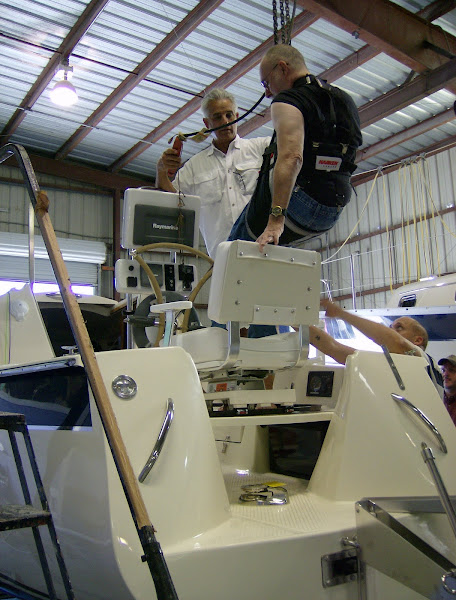“Words mean something.” The second I heard Rush Limbaugh utter that, I knew I’d have to quote him. . .even if they’re the only worthwhile words I’ve ever heard him say. In an age where “spin” is everything; or, at the very least, almost everything, has some spin on it, we have to listen carefully to the words. Spin is being used to serve specific insurance industry objectives, creating new impressions about legal matters that could ultimately effect your rights, your health, and your life.
I’ve discussed the term “medically necessary” before. It’s one of the earliest phrases created to dramatically decrease the amount of money the insurance companies must spend when you suffer an injury on the job. By getting lawmakers to insert that phrase in the worker’s compensation law of nearly every state, the focus of your “rehabilitation” automatically begins to shift from helping you get back to as worthwhile, healthy, and productive a life as possible, to providing the absolute minimum care necessary to keep you alive from one day to the next. . .with the full knowledge that your life expectancy will drop dramatically as a result.
In our "modern" health care environment, where more and more health care providers are acutely dependent on insurance companies for client referrals and billing completion, we have been hearing our doctors adopt the new language. There have, for example, always been two basic types of severe spinal cord injury: “paraplegia,” paralysis in the two lower extremities, and “quadriplegia,” paralysis in all four extremities. Quadriplegia, because of the far-reaching consequences of having no grip or finger function, has nearly always been considered a “permanent total disability” under most states’ laws. When no way was found to change that legal point of view, insurance companies began referring to quadriplegics as “tetraplegics” if they could raise their arms over their heads. We used to laugh at this because few if any doctors or judges bought into the suggestion that being able to move one’s shoulders was somehow like having one good hand. For twenty four years, no physician would refer to me as a “tetraplegic,” but relentlessness, money, and lobbying eventually paid off.
Some years back, I watched the video taped deposition of the director of a new regional rehab center who, after a ten minute cursory exam, had diagnosed me as a “tetraplegic.” Only when grilled under oath would he admit that, no, I had no practical use of the fingers of either hand. He reluctantly admitted having been an “expert witness” for the same insurance company “several times” before, and he consistently used insurance industry jargon.
Many spinal cord injured folks use a procedure called “intermittent catheterization” to empty their bladders. There are basically two techniques: “sterile” and “clean.” The sterile technique is more expensive; and, in the case of most quadriplegics, requires a trained attendant. But, in most cases, including my own, it helps individuals avoid introducing bacteria into their systems, thus cutting down on the number of urinary tract infections and kidney problems they experience. And kidney problems have traditionally been the number one killer of people with spinal cord injuries. Many individuals who use the “clean” technique do so because they cannot afford the other method. . .or because their insurance company won’t pay for it. When pressed as to why he was recommending that my caregivers be taken away and that I be forced to “self-cath” using the “clean” procedure, this doctor would only repeat the phrase: “It’s less burdensome out in the community.”
What do those words really mean? Less burdensome for whom? Certainly not for me. And are there really that many Americans in my “community” who are OK with Insurance company executive salaries (and bonuses), but want me to be sick more often and die much sooner? I hope not, but watching the news lately certainly gives one pause. In 1977 I received the “Ken Williams Sportsmanship Award,” a beautifully engraved plaque created to honor the memory of one of Orlando’s finest young wheelchair basketball players. I had the great privilege of knowing Kenny, and his wonderful smile and helpful attitude helped me learn how to live and play again despite my injury. Kenny, a poor young black man with no insurance, died in his twenties of kidney failure. He used “clean” technique because he had no choice.
I asked my lawyer: “Would that doctor recommend this for his son or daughter?” His answer was: “Of course not. He would never need to. But he is, what we call in our business, an ‘insurance company whore.’ He says what they pay him to say. If he doesn’t, they send their claimants to another hospital. They have him over a barrel.”
Words mean something. And if we don’t pay attention to what the words mean, whether we need treatment for spinal cord injuries, heart problems, or cancer, we may all be over a barrel before we know it.
Monday, September 28, 2009
Subscribe to:
Post Comments (Atom)




No comments:
Post a Comment